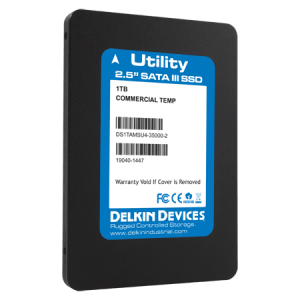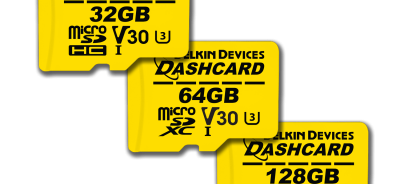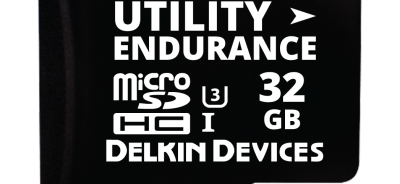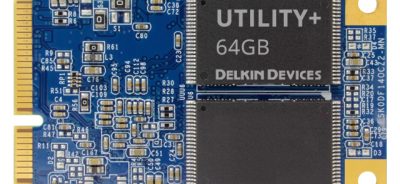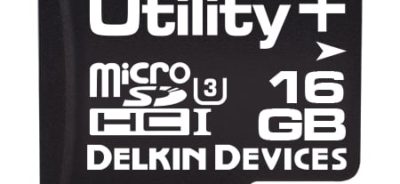SSD Utility Basics Explained
SSD Utility is an integrated management software program found in some solid state drives, or SSDs. It helps to manage the performance of the drive and monitor the drive for signs of problems that could affect operations or cause the drive to fail. It also allows users to make adjustments as needed to the SSD, so that the drive lasts for as long as possible. SSD Utility is not the only such program to offer these services. For most users, the most important factor is choosing an SSD that has at least some kind of integrated performance monitoring feature to reduce the risk of drive failures.
SSDs 101
SSDs have risen in popularity in recent years as an alternative to hard disk drives, or HDDs. The reason that they have become used so commonly over HDDs is that they don’t contain any moving parts. HDDs have a spinning mechanical disk on which data are recorded. This allows for a high capacity of data storage, but the mechanism is prone to failure. Once the spinning component of the disk has an issue, then the drive may fail. Similarly, because it has spinning parts, the disk is likely to be jostled out of alignment by any shock or vibration that the device encounters during operations. For industrial applications, this can be a significant issue.
SSDs aren’t vulnerable to these same kinds of problems. An SSD does not have any moving parts. Instead, it writes data to NAND flash memory chips in the drive. Without moving parts, SSDs are far more reliable than HDDs, and have become ubiquitous in both commercial and industrial applications.
SSD Utility
SSD Utility allows for several different kinds of monitoring and maintenance operations. It tells users about the overall health of the drive, if the connections are suitable, and whether the system needs an upgrade. It also allows users to make adjustments to the way that the drive is functioning, so that they can prolong its life as much as possible.
Monitoring the health of an SSD is especially important for industrial applications. Because SSDs use flash memory, which has a finite lifespan, understanding when the drive could be reaching the end of its useful life allows users to replace the drive before it fails. This helps to avoid disruption, especially in devices that are used in critical industries, like healthcare, aerospace, and transportation.
Do you have questions about managing the lifespan of your SSD? The product team at Delkin is here to help. Contact us today for assistance.
ORDER DELKIN INDUSTRIAL FLASH STORAGE TODAY through our distribution partner Newark.
 Login
Login Register
Register


